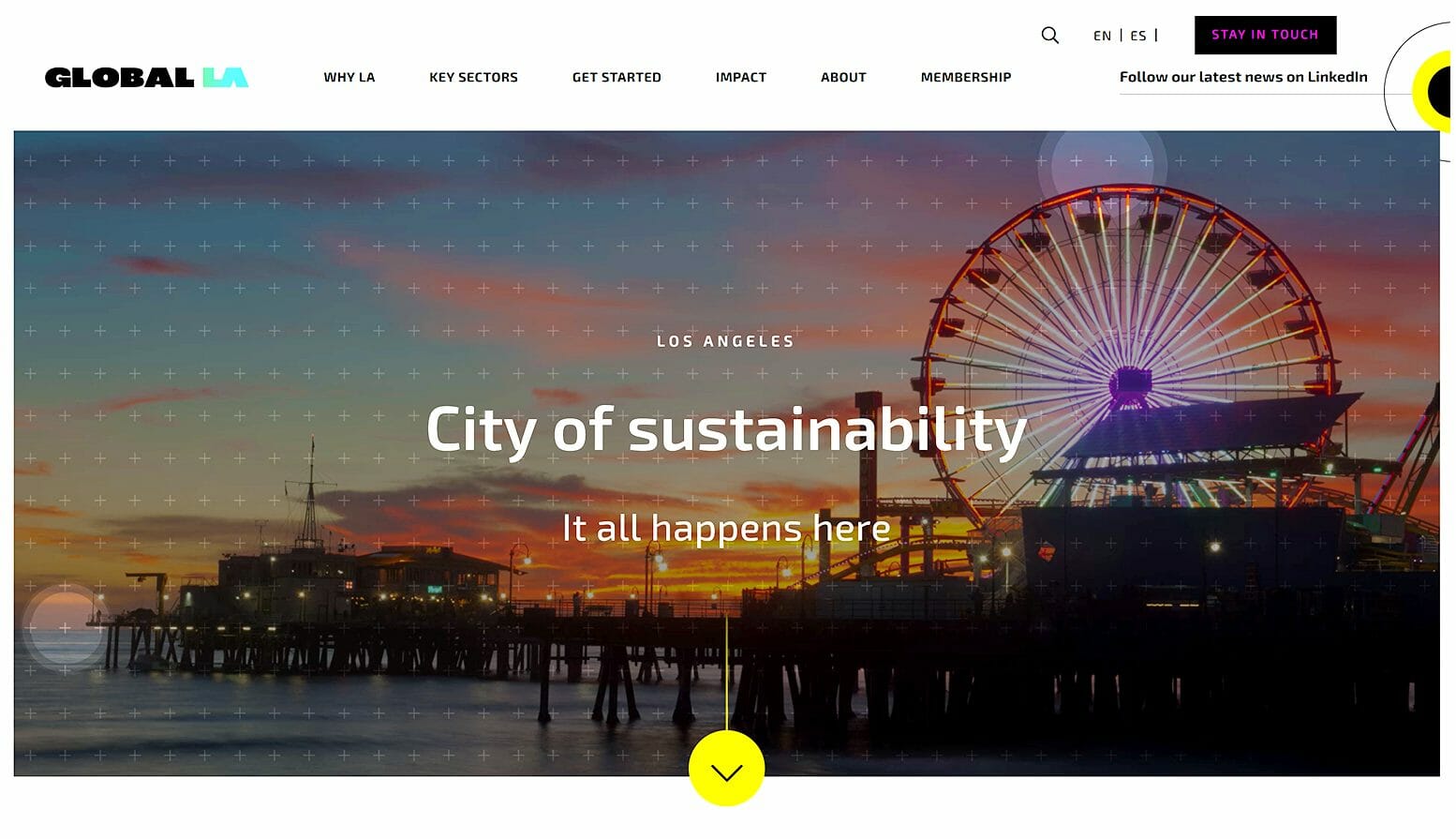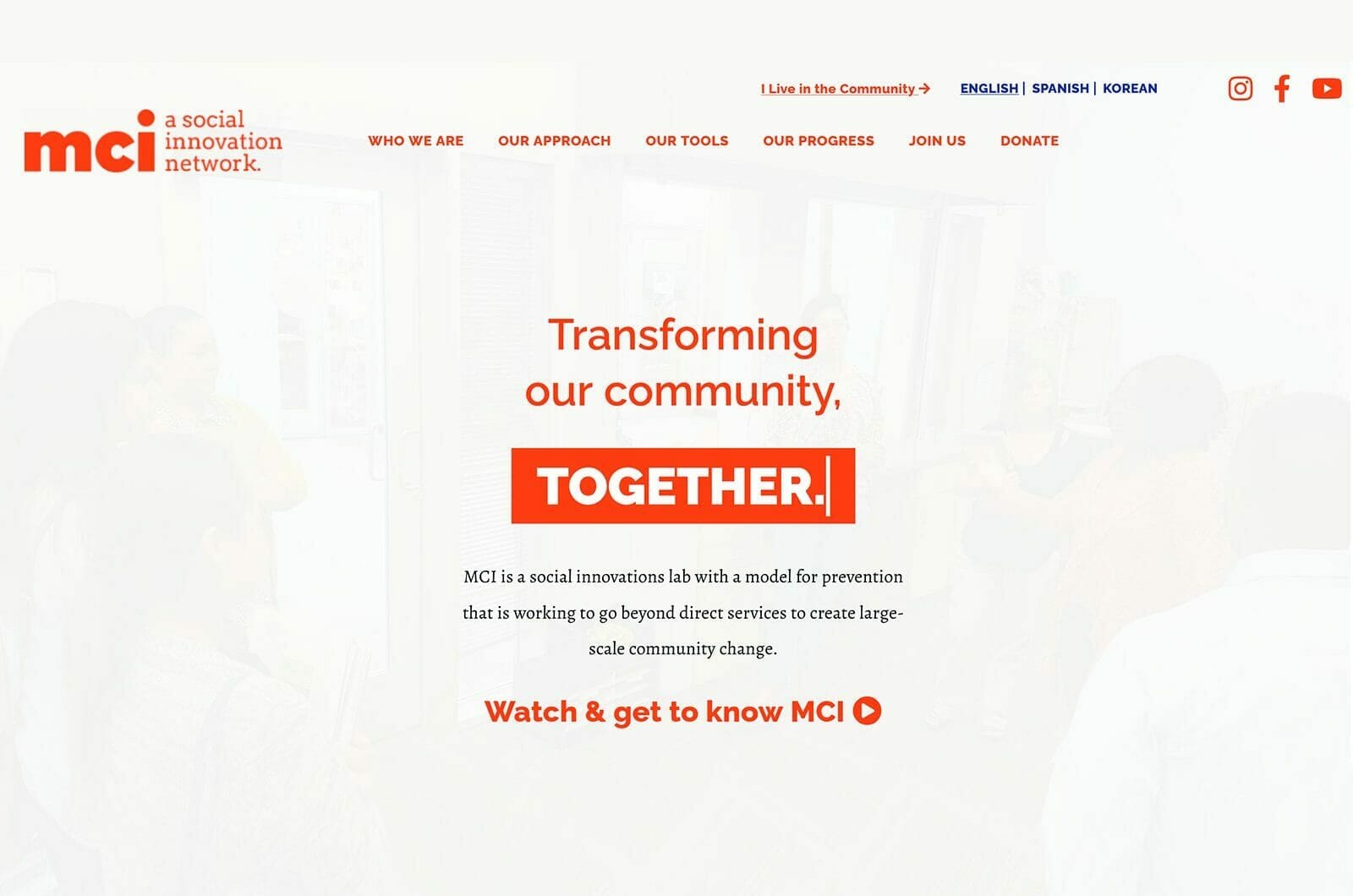15 Sep ‘20
The Common Types of SEO You Need to Know
15 Sep ‘20
In: Search Engine Optimization (SEO), / By: Ripe Media
The internet is a busy place with well over one billion websites! Thankfully, you’re not competing with every one of those sites. No matter what your business is, though, you must stand out in a virtual sea of websites.
The best way to get eyes on your site is through search engine optimization (SEO). If you’ve got a website, you’ve heard of SEO, but do you know the different types of SEO and how to best use them?
Keep reading for an informative guide on the different types of SEO and what you need to know about them.
SEO Defined
SEO is optimizing your website for search engines, the most well known being Google. Google gathers information about websites using “web crawlers.”
Web crawlers look for clues, like keywords, that help them index websites. The more up-to-date and relevant your site, the higher it rates in the search engines.
Links to spammy websites, automatically generated content, and low-quality blog posts result in penalties. This means Google won’t rank your website high in search results.
Knowing how to optimize your SEO for web crawlers is a huge advantage when it comes to rating high in an organic web search. Doing SEO the wrong way hurts your site’s ranking. Staying updated on SEO trends is also important when it comes to SEO.
So what are the types of SEO that help you achieve the coveted first page results?
White Hat SEO
White hat SEO is what you’ll get from a reputable SEO company. These are optimization tactics that abide by the Google Webmaster Guidelines.
White hat SEO takes time and costs more but you’re unlikely to accrue penalties from Google. Don’t make the mistake of thinking that SEO offers instant results.
What does white hat SEO include?
- Useful relevant blog posts and other content that’s valuable to your search audience
- Natural use of relevant keywords
- Well-organized content that helps your audience
- Social media promotion for links and exposure
- Use of data aggregators for acquiring citations from local businesses
The white-hat approach to SEO is the least risky and most effective in the long term.
Black Hat SEO
As you may have guessed, black hat SEO is the opposite of white hat SEO. It will get you short-term results but it’s bad for your site in the long run.
What types of tactics are used with the black hat approach to SEO?
- Plagiarizing other site’s blog post content
- Keyword stuffing (overuse of relevant keywords in an unnatural manner)
- Keyword hiding (such as putting keywords in black text on a black background)
- Thin content (pages with little to no useful content)
- Personal blog networks (linking and crosslinking between a group of website owners)
- Citations and links purchased instead of earned
- Doorway pages (lots of pages with similar content)
These types of SEO work in the short-term but they come at a steep price. When Google catches on to these tactics, they penalize the website. You’ll lose valuable website traffic.
Gray Hat SEO
As the name implies, gray hat SEO is in the gray area. It’s somewhere between white hat and black hat SEO. You may not be breaking the rules, but that doesn’t mean Google won’t notice the poor strategy.
Gray hat tactics include:
- Clickbait (content that attracts visitors but has no value or relevance)
- Spinning content from other websites with only slight variations
- Copious link exchanges with other sites
- Paid reviews
Not all these strategies are penalties in the Google Guidelines but that doesn’t mean you won’t have problems.
Negative SEO
Negative SEO is the intent to harm a competitor’s site through the use of poor SEO on their site. This is done through stealing content, posting fake reviews, and poor links to someone’s site.
Negative SEO is unethical, and you should avoid it. You could find yourself on the wrong end of a lawsuit if you’re caught engaging in negative SEO.
On-Page SEO
On-page SEO is everything you do on your website’s pages, including what’s done behind the scenes. Valuable, relevant content on every page helps your audience and the search engines love it.
An updated blog keeps your website fresh and relevant as long as the content is useful to your intended audience.
Add meta tags and HTML tags. Always make sure your links work and take the user to the intended page.
Make sure all your file names are descriptive and fill out all your tags, such as alt tags. An alt tag is a description for each image.
People can see the image so you might not think the alt tag is important. The search engine can’t see the image and relies on the alt tag to tell it what the image contains.
Use descriptive language that tells the user what the image contains, and don’t overuse keywords in the alt tag.
Off-Page SEO
Off-page SEO is another important factor in your website’s search engine rankings. This includes building backlinks from trusted authorities in your niche.
Good social media campaigns are another type of off-page SEO. Blogger outreach, broken link building, and forum posting are other types of off-page SEO.
Have you ever followed a link from someone else’s site but the link was broken? Look for broken links on reputable sites within your niche. Reach out and ask the webmaster if they’ll substitute a link to your site instead.
Do you like blogging? Ask influential bloggers in your niche if they’ll allow you to write a guest blog post. This helps you reach a whole new audience.
Do you like looking at forums like Reddit? Create a profile and get active on these types of sites. Help other users find the information they need.
Reach out to influencers in your niche and offer some sort of collaboration. Get creative!
Many Types of SEO
There are many types of SEO, and it’s important to understand them all. Practice white-hat SEO on and off-page.
Avoid negative, black-hat, and gray-hat SEO because it will hurt your site in the long run. Remember, you’re in it for the long haul.
SEO is daunting but necessary, so don’t let it go. Are you looking for help with your SEO strategy? Contact us here!















